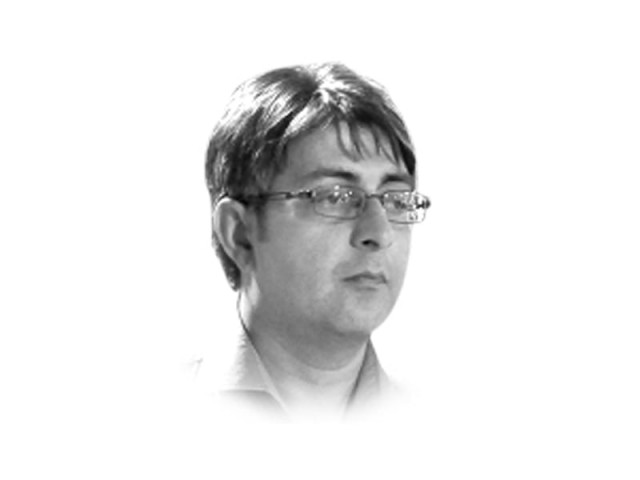A new world order
During the Bush era it seemed that the schisms in the world order would unravel civilisation itself

The writer is an Islamabad-based TV journalist and tweets @FarrukhKPitafi
This then is the chink in Huntington’s armour. But I think the damage was done when this thesis was first presented. Muslim societies that had struggled with an identity crisis for long, lapped it up. So did many non-Muslim countries with growing power. His idea threatened to give birth to a divided, bitter and suicidal world order. But luckily, two men have saved us since. While Huntington was busy stoking old prejudices, a newly-elected US vice president by the name of Albert Gore was laying the foundations for what he then referred to as an information superhighway. As the internet arrived on the world stage, it transformed societies in subtle but very powerful ways. What was left uncovered was taken care of by the onslaught of technology.
When Gore lost to George W Bush in the 2000 presidential election, the new administration indeed seemed convinced of the above-mentioned prejudices. For eight years, it seemed that the schisms in the world order would unravel civilisation itself. But then the US surprised the world by electing a black president whose middle name is Hussein. Cynics will find fault with everything, but there couldn’t be a better symbol of American cultural inclusion and diversity than President Barack Obama. Those who can see the good in people saw this.
American culture, the guiding spirit of the West, has changed every country. Through soft power, through the internet and through example. Where it has not, change will soon come through rapidly advancing technology. Think of this and then take a look at the world again. Who are the leading players? The US, Russia, China and Europe. You would think they are at loggerheads, would you not? But are they really? When two years ago Russia and the US sparred over Syria, it seemed that the Cold War had come back to life. But today it seems both countries need each other to find a lasting Syrian solution and for fighting the Islamic State (IS). China and the US might have squabbled over the South China Sea but it is plain that both sides can work together. Each country has a regional context and a historic one as well. And then there is a global context. Since the collective challenges to global security, like terrorism and environmental degradation, have become very real, it seems more likely that these countries will find ways to work together and not at cross purposes. Hence, the global context will eventually change the regional context too. Look at their regional differences and you see these three countries as adversaries. But pit them against the IS, al Qaeda and their affiliates, and they are allies.
The beauty of Western culture is that it both adapts its DNA to your needs and transforms your DNA too. Most societies connected to the global grid are silently Westernising. And the thought that some religions are antithetical to the West is also laughable for the core values of Western culture are in essence faith-neutral. When you look at all this, the game theory goes out of the window. And hate, anger and prejudice in the system appear to be putting up a desperate fight to survive. Their failure and humanity’s victory depend on how quickly world leaders can learn to act in the changed environment.
Published in The Express Tribune, November 21th, 2015.
Like Opinion & Editorial on Facebook, follow @ETOpEd on Twitter to receive all updates on all our daily pieces.














COMMENTS
Comments are moderated and generally will be posted if they are on-topic and not abusive.
For more information, please see our Comments FAQ